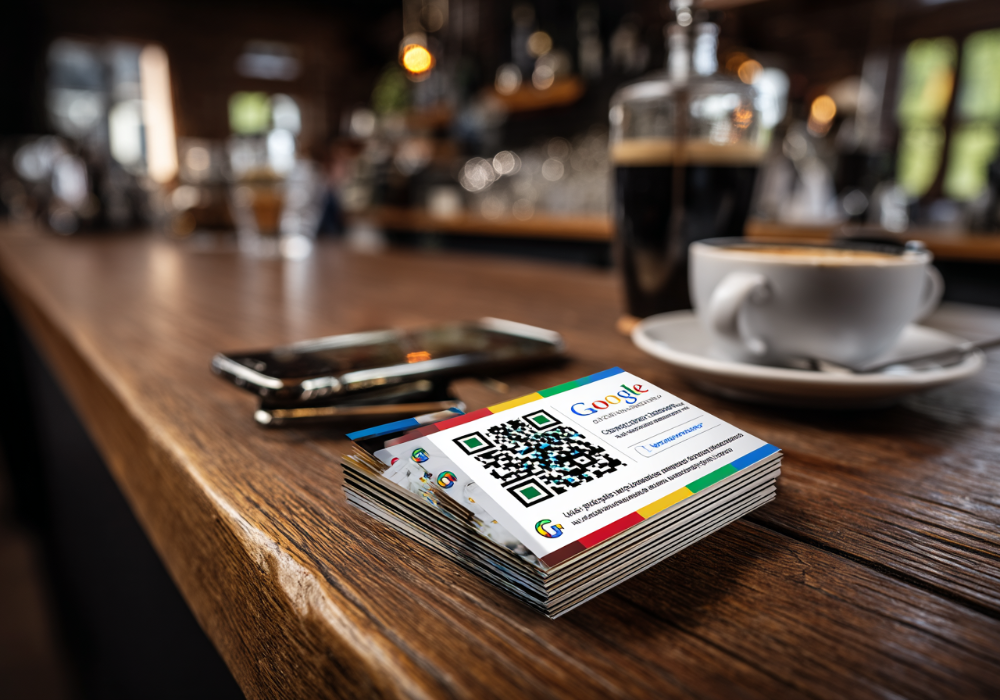Exploring the Digital Marketing Landscape
What is online marketing and how does it work? Online marketing, or digital marketing, empowers businesses with various marketing strategies and techniques conducted over the Internet. These strategies aim to promote and sell products or services through digital channels, reaching a broad audience more efficiently than traditional marketing. This article delves into what online marketing is, explores various digital marketing strategies, and explains how they work to achieve business goals, putting the power of digital marketing in your hands.
The Basics of Online Marketing
Online marketing leverages web-based channels to deliver promotional marketing messages to consumers. It includes tools such as email, social media, websites, and search engines to drive sales and engagement. Any marketing effort that involves the Internet or electronic devices falls under the umbrella of digital marketing.
Key Components of Digital Marketing
Digital marketing blends various strategies to connect with current and prospective customers. Below are some of the critical components:
- SEO (Search Engine Optimisation): SEO involves optimising website content to rank higher in search engine results pages, making it more likely for users to find the site. It’s a crucial part of digital marketing because it helps drive organic traffic to your site without direct payment.
- SEM (Search Engine Marketing): SEM involves paid strategies like PPC (pay-per-click) advertising, unlike SEO. Businesses pay to have their ads appear alongside search results, gaining visibility and immediate traffic from potential customers actively searching for related products or services.
- Social Media Marketing: This strategy uses social platforms like Facebook, Twitter, and Instagram to promote products, engage with potential customers, and build brand awareness. It’s a dynamic tool that allows direct consumer feedback and interaction.
- Content Marketing: This approach focuses on creating and distributing valuable, relevant, consistent content to attract and retain a clearly defined audience. The goal is to drive profitable customer action through articles, videos, podcasts, and other media.
- Email Marketing: One of the oldest forms of online marketing, email marketing personalises communications and promotes products or services. It fosters customer relationships and ensures a high return on investment by reaching out directly to potential or current customers.
- Affiliate Marketing: This performance-based advertising rewards affiliates for bringing visitors or customers through their marketing efforts based on a shared revenue agreement.
Advantages of Online Marketing
Online marketing offers several advantages over traditional marketing methods. It provides:
- Broader Reach: Digital marketing removes geographical barriers, allowing businesses to reach global audiences more effectively.
- Cost Efficiency: Online marketing is typically more cost-effective than traditional methods, offering higher ROI on marketing spend.
- Measurable Results: With digital marketing, companies can measure results instantly and accurately, allowing for better-informed business decisions based on real-time data analytics.
- Enhanced Personalisation: Digital channels enable personalised marketing that traditional methods cannot match, tailoring messages directly to consumer behaviours and preferences.
- Improved Customer Engagement: The Internet’s interactive nature facilitates improved customer engagement and service, enhancing customer satisfaction and retention.
Challenges of Digital Marketing
While online marketing offers incredible benefits, it also comes with its challenges:
- High Competition: The digital space is highly competitive. Standing out among the countless businesses online requires creativity, strategy, and ongoing effort.
- Security and Privacy Issues: The increasing use of online marketing has led to significant security and privacy issues that businesses must address to protect their customers and reputations.
Components, Benefits, and Challenges
Online marketing is a dynamic and essential strategy for businesses looking to thrive in the digital age. By understanding its components, benefits, and challenges, companies can craft effective digital marketing strategies tailored to their specific goals. As the digital landscape evolves, businesses must develop strategies to engage effectively.




